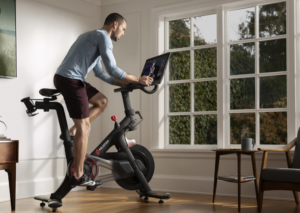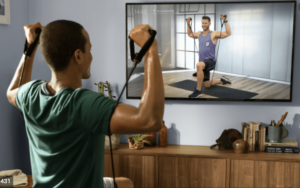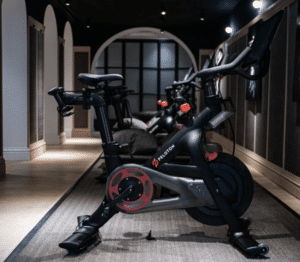 It has been a while since my last blog on my lessening knee injury and quite a lot has happened. Most of all, my attitude towards my knee has changed and I now no longer see it as an unwanted, stress-inducing part of me.
It has been a while since my last blog on my lessening knee injury and quite a lot has happened. Most of all, my attitude towards my knee has changed and I now no longer see it as an unwanted, stress-inducing part of me.
This transition happened when I was talking to a friend of mine. We were discussing the psychological impact the injury has caused me, and how overcoming a trauma like this is harder mentally than it is physically.
Physical Healing
The thing about healing physically is that there is a systematic plan in place, like the box ticking I have mentioned previously. I’m now squatting over my body weight, dead-lifting the same as I was pre injury and running at 70% speed.
All these achievements have come through perseverance and diligent training methods. And they have all happened in the right order at the right time.
Psychological Healing
Psychological healing is different.
How your mind works affects your behaviour and attitude to everyday life and can have a significant effect on how quickly your body heals.
This is something I have learnt over this process – when my mind is positive, my knee feels good. When I’m feeling low, my knee feels stiff, sore and weak.
So I discussed all this with my friend. I told her I couldn’t understand why some days my knee felt invincible, while other days it would feel like it’s never going to get better. She came back asking what other things in my life had occurred on the days it felt good and bad. And I realised that I couldn’t think of anything negative at all on the days my knee felt good, but I could think of stressful events on the days it felt bad.
So my next task was to write down all the things that make me feel stressed, anxious, tired and low. Here are some examples:
• Not getting enough sleep
• Feeling disorganised
• Not eating well
• Pressure of having a return to play date
• People asking me if I’ll play again
• Thinking about the bad luck I’ve had
My next task, after establishing that these things were having a detrimental effect on my attitude to injury and training, was to eradicate them from my day-to-day life. At times though, it’s near impossible to completely avoid stressful situations, for example, being stuck in traffic one day and being late.
So, my other task was to change my perception of stress and turn it into a positive attitude. So when I’m stuck in traffic another day and start to feel myself getting anxious, I calmly say to myself “it’s only a bit of traffic, relax, you’ll get to your destination in the end.” This advice is exactly the same when things aren’t going my way in my rehab – I’ll get to my destination in the end.
The act of consciously relaxing and managing my stress has essentially lifted all the pressure off and my knee has responded by feeling the best it’s ever felt since the injury.
This just shows that the physical body doesn’t respond well to psychological stress, or your perception to it. I’m sure you can relate – such as when you get a sore neck from being so rigid and stressed all day at work; it makes you feel exhausted.
There’s plenty of research out there that says the same, for example numerous literature advocating smile therapy as a way to manage stress and change your attitude to situations. Even forcing yourself to smile when that car pulls out on you at a junction will completely alter your perception of the situation. Seriously, try it.
But the best information I’ve gained is through talking about it with friends and family and really thinking hard about what I need to succeed. Then alter your situation for the better. I suggest you do the same.
For any questions please feel free to email me at Fiona@findrugbynow.com or tweet me @Fiona_Pocock. You can also leave your questions or comments below. No question is too small.
Til next time
Fiona








 When most people hear the word “Peloton” they think of an expensive black bike with shiny red buttons and that controversial commercial where the husband gifted his wife a Peloton for Christmas.
When most people hear the word “Peloton” they think of an expensive black bike with shiny red buttons and that controversial commercial where the husband gifted his wife a Peloton for Christmas. If the app interests you, Peloton is currently offering a 30 day FREE TRIAL, so why not give it a try? Check it out
If the app interests you, Peloton is currently offering a 30 day FREE TRIAL, so why not give it a try? Check it out 

 This article would not be complete, however, if we did not acknowledge some of the delivery issues that have been plaguing Peloton over the last year. Most of the delivery issues seem to affect U.S. deliveries, however, the UK deliveries have been affected as well.
This article would not be complete, however, if we did not acknowledge some of the delivery issues that have been plaguing Peloton over the last year. Most of the delivery issues seem to affect U.S. deliveries, however, the UK deliveries have been affected as well.







